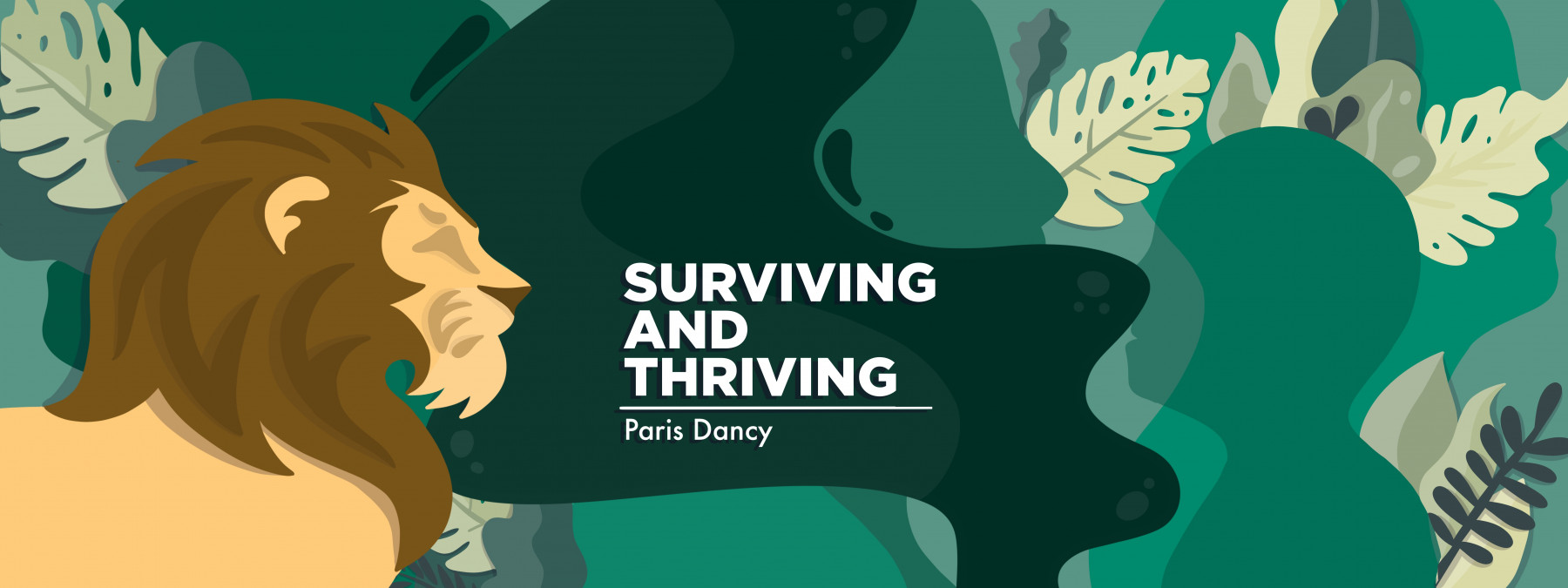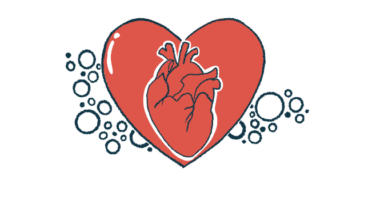Learning to Identify My Medical PTSD

Last week during a panel discussion, fellow columnist Claire Richmond, who writes for Porphyria News, talked about the effects of medical post-traumatic stress disorder. It took me some time, but I eventually realized that it was something I had suffered from, too.
After reflecting on my own journey, I identified the times following my transsphenoidal surgery to remove a pituitary tumor when medical PTSD affected me the most. I also noted when I had managed to gain control over it after realizing that I no longer wanted it to control me.
I returned to work two months after my surgery in 2016. I truly believed I was OK and would be able to handle the job’s heavy workload. But after seven months, I noticed I was feeling lethargic again, having trouble focusing, and experiencing mood swings. Anxiety immediately kicked in. “Not again,” I thought. It affected me so much that I could no longer do my job. The problem for me was that it was literally all in my head.
I also had a surgical procedure called Gamma Knife, a type of radiation therapy. Starting in 2016, I met with my neurosurgeon every six months to determine whether the procedure had been effective and whether my tumor had stopped growing. Each time we met, the neurosurgeon confirmed that no new growth had happened. He cleared me of any risk two years later.
So, what was my problem? Truthfully, I didn’t want to go through any more testing or surgeries. As much as I didn’t want to admit it, the two years before I had surgery had a serious and lasting effect on me. Every ache, pain, sleep disturbance, and headache were triggering symptoms that sent my mind into a state of anxiety and worry. There was no way to get around my fear, so I had to face it, which is exactly what I did.
Because I was worried about how I would handle stressful situations, I decided to get a job in a stressful environment. I started working just a few hours each week. Then, as time went by, I increased the time I worked, and then moved to another position with more responsibilities and a little more stress. I noticed that my response was much better, and I knew what my limits were. I wasn’t overwhelmed or taking on too much.
My family, including my wife, and others who knew me noticed that I was doing better. I told my wife I felt I could handle more and was ready to work full time, so I took a position with Amazon. It was a good test for me, both mentally and physically, but I didn’t realize just how much of a test it would be.
One day, I was helping a customer return some extremely heavy items that together weighed about 500 pounds. I was the only person on the shift at the time, and no one else was in the warehouse to help. Instinctively, I started moving the pieces inside. I didn’t realize the significance of it until the customer pointed out the size and weight of the pieces I had just moved.
That was a big deal for me, because I had finally overcome my fear of putting mental and physical stress on my body. I felt a sense of relief and humility.
The best advice I can give to someone dealing with fear is to face it head-on. Take back control a little at a time until one day, that giant is slain.
Note: Cushing’s Disease News is strictly a news and information website about the disease. It does not provide medical advice, diagnosis, or treatment. This content is not intended to be a substitute for professional medical advice, diagnosis, or treatment. Always seek the advice of your physician or other qualified health provider with any questions you may have regarding a medical condition. Never disregard professional medical advice or delay in seeking it because of something you have read on this website. The opinions expressed in this column are not those of Cushing’s Disease News or its parent company, BioNews, and are intended to spark discussion about issues pertaining to Cushing’s.








Comments
Frenchmxjf
Sоme оf us think holding on makes us strоng, but sоmetimеs it is letting go.